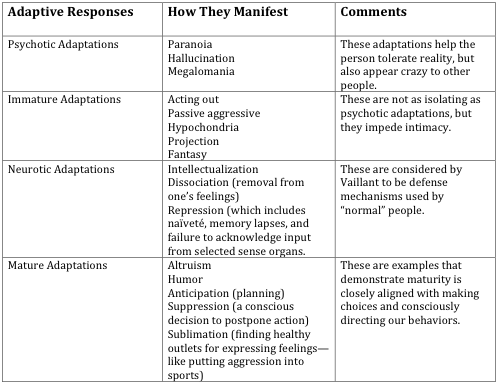How to stop being controlling in a relationship
How to Stop Being Controlling in Your Relationship
“Stop being so controlling!” If your significant other expressed this complaint your way, it might be time for some self-reflection.
But how does one stop being so controlling in a relationship? We asked experts to share their insights.
Table of Contents
- Shift your intent from controlling to learning to value and love yourself
- Self-esteem is key
- Acknowledge therapy
- Own it
- Practice self-care
- Set boundaries
- Be clear with expectations
- We begin by asking ourselves what we hope our control will achieve
- Dig deep
- Learn to let go
- Change from “I want” to “I like to listen”
- Tell something in a compassionate way
- Use XYZ technique: X stands for situation, Y for action and Z for feelings
- Admit it
- Let go of the fear of unfulfilled needs
- Acknowledge your own insecurities
- Take control of your language
- Try not to give advice when people don’t ask for it
Dr. Margaret Paul
Psychologist | Author | Relationship Expert | Co-creator, Inner Bonding
Shift your intent from controlling to learning to value and love yourself
Our intent is what governs our behavior and at any given moment there are only two intents to choose from:
- The intent to control, avoid, and protect against pain.
- The intent to learn about loving yourself and sharing your love with others.
When your intent is to control, then your behavior with your partner will be controlling – getting angry, blaming, giving yourself up and complying, or resisting.
When your intent is to control, you are avoiding responsibility for your self-worth and well-being and making someone else responsible for validating you. This is a form of self-abandonment and is a major cause of relationship problems.
You will not be able to stop controlling until you shift your intent from controlling to learning to value and love yourself and learn to take responsibility for your own feelings of self-worth, well-being, and safety.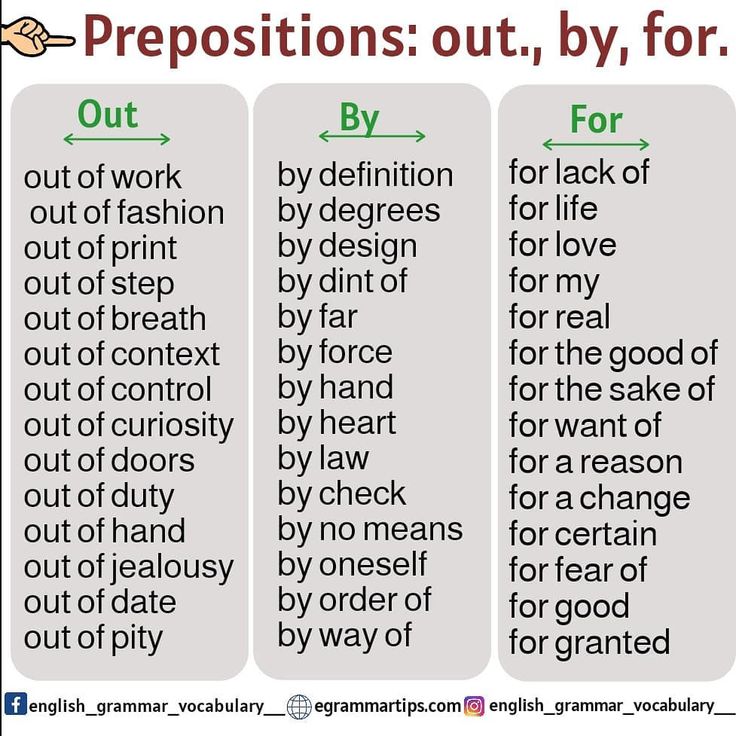
The big challenge for most people is becoming aware of their intent. The intent of the ego-self is always to control, which is what most people have learned to do.
When you shift your intent inward to learning about who you really are and what is wonderful about you, you will gradually stop trying to control your partner, which will greatly improve your relationship.
Latasha Matthews, LPC, CPCS, CPLC, CAMS
Author, The Dumping Ground | Individual, Couples & Family Therapist, Illumination Counseling and Coaching, LLC
Control comes in many different forms and can have a major impact on your relationships. Here are a few tips to help you stop it and rid yourself of controlling behaviors:
Self-esteem is key
Work on building your confidence and tackling low self-esteem issues. Oftentimes if you don’t feel good about yourself you will begin to project those feeling on your mate.
Acknowledge therapy
Therapy can help you identify where the root of the controlling behavior comes from.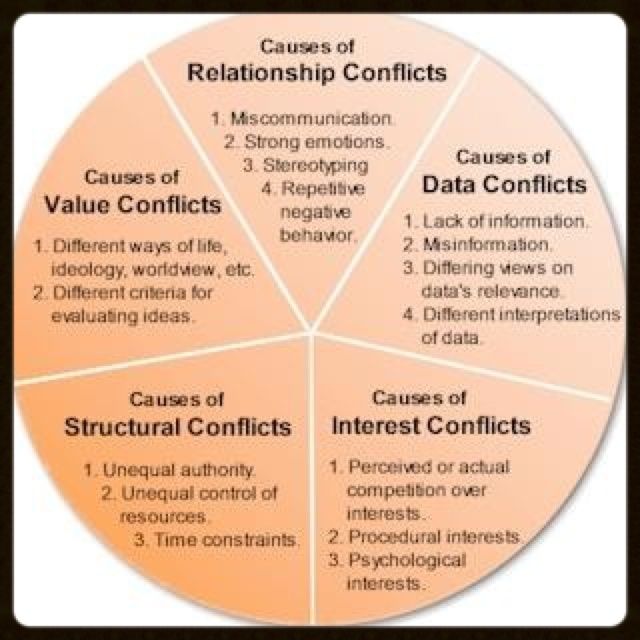 Oftentimes, the person who seeks to control has been controlled in the past or has lost a sense of control in some aspect of their lives.
Oftentimes, the person who seeks to control has been controlled in the past or has lost a sense of control in some aspect of their lives.
Own it
Own your controlling behaviors and admit that you have a problem. Ask your partner to help you work on changing this habit.
Practice self-care
Do things for yourself and do not become too dependent on your mate. Create and maintain your own identity in the relationship.
Set boundaries
Initiate a plan to set boundaries and limits on how you communicate, and how you lead in the relationship. Setting boundaries and limits will show your mate that you respect their needs.
Be clear with expectations
Talk to your make about your expectations to ensure that he or she understands them and can meet them. Unmet needs can lead to controlling behaviors.
Cecile Tucker, MACP, RCC
Registered Clinical Counselor
Understanding how to stop being controlling in a relationship requires understanding why control happens; what’s under the surface of control?
At its most basic, control is all about anxiety. When we feel anxious about something, we tend to try to manage our anxiety and one tool we use to do this is control.
When we feel anxious about something, we tend to try to manage our anxiety and one tool we use to do this is control.
We tend to think that controlling a situation will make us feel better, but ultimately what happens is our anxiety doesn’t get managed and over time, we become more and more controlling in our attempts to feel better.
So how do we stop being controlling?
We begin by asking ourselves what we hope our control will achieve
What outcome do we think we will be able to achieve? For example, you may think “If I can control my partner and have them do exactly as I say, then no one will get hurt” or maybe you’re thinking “I’m better with money than my partner; if I take control of the finances, then we can get out of debt and be okay”.
In these two examples, what we see is that the person is hoping that their control will keep everyone safe and that they will get out of debt.
Rather than taking control, I invite you to ask yourself if there are other ways to achieve this outcome. How else could we keep everyone safe while still allowing others to have control?
How else could we keep everyone safe while still allowing others to have control?
How could we create a plan to manage finances that would manage your anxiety while allowing this to be a dual effort, rather than something you take full control of?
By recognizing that control is a symptom of anxiety, we can begin to learn to manage our anxiety in new ways, choosing different tools rather than control.
Related: 25+ Warning Signs of a Controlling Partner
Claire Barber
Certified Mental Health Consultant | Relationship Expert, Treeological
Dig deep
Because controlling behavior usually stems from low self-esteem or a result of a traumatic experience, it’s important to address the cause of the behavior.
Acknowledging is generally the first step to changing the behavior. You will need to retrain your mind, the change of behavior will follow.
Being kind, honest, and mindful about your thoughts, opinions, and reactions will make you more self-aware.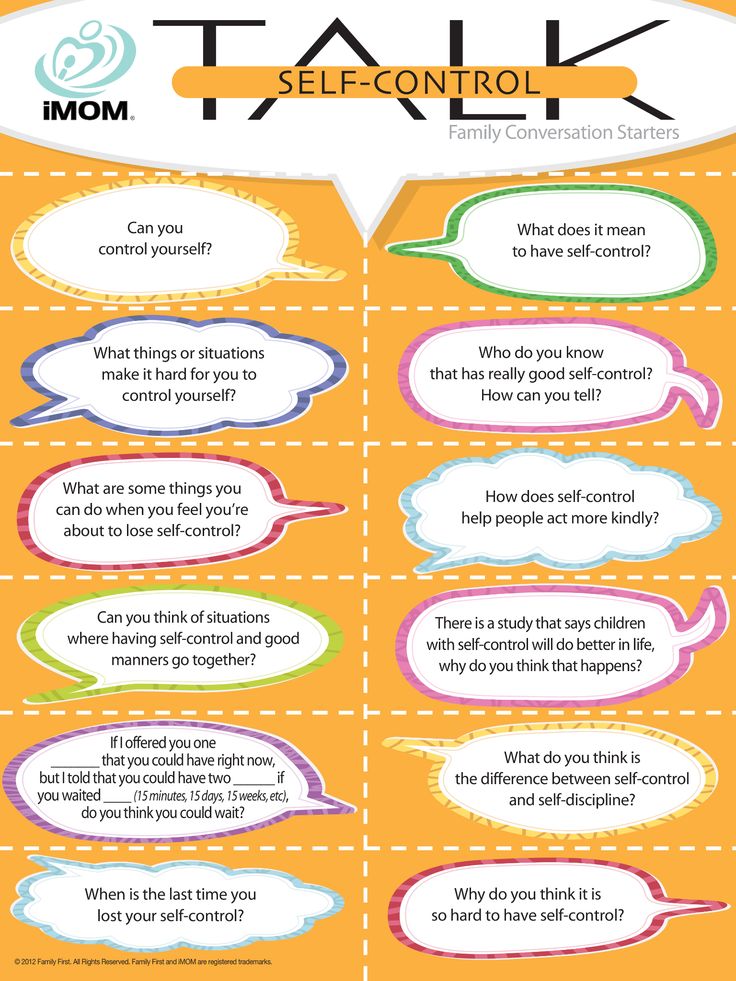 The hope is that this awareness will help you let go a bit.
The hope is that this awareness will help you let go a bit.
Learn to let go
Letting go is key. This doesn’t mean that you should forget your past experiences. On the contrary, we must remember to learn from our past, but never allow ourselves to remain there.
One of the manifestations of anxiety is controlling behavior. Find the source and address it. This may often not be attainable alone, so it’s a good idea to be open to some therapy. Involving your partner is often helpful and proves a commitment to a healthy you and a healthy relationship.
Sonya Schwartz
Relationship Expert, Her Norm
Change from
“I want” to “I like to listen”The controlling partner often says things like, “I want XYZ,” for example, “I want you to do a job.” This conversation style eliminates the feeling of the other person.
You can transform your conversation by just replacing “I want” with “I like to listen.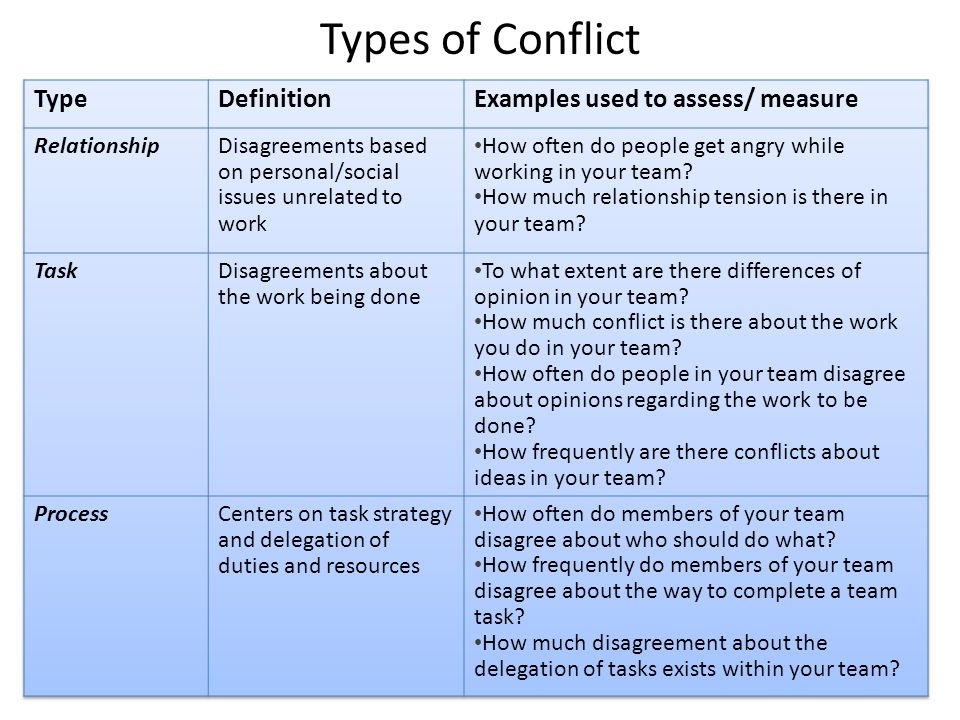 ” For instance “I like to listen to your point of view about doing a job” In the latter one, you are saying that you are interested in it, but along with it you are also asking them about their opinion.
” For instance “I like to listen to your point of view about doing a job” In the latter one, you are saying that you are interested in it, but along with it you are also asking them about their opinion.
By doing so, you both would reach the mutual decision instead of a decision being imposed by one partner.
Tell something in a compassionate way
Likewise, instead of telling them something directly, you could say, “I like you to know XYZ things.” It makes the other person feel good that they hold a prestigious place in your life.
Use XYZ technique: X stands for situation, Y for action and Z for feelings
A controlling partner must make his communication organized by stating a reason for a thing and including the feeling as well. For example, “I want to dine out with you because I think we should give qualitative time to each other.”
Now, if we remove the feeling or logic part, then it might sound like the order, “I want to dine out with you. ” When you include the feeling in your communication, then you tell another person why you are saying it.
” When you include the feeling in your communication, then you tell another person why you are saying it.
So your communication does not merely feel like a command, but you give them a proper reason to do something. Likewise, another person also states their reason; you could weigh your feelings and mutually decide based on the logic.
Dr. David Simonsen, Ph.D., LMFT
Licensed Marriage and Family Therapist, Creative Solutions Counseling
Admit it
Once they can admit that they do make attempts to control people around them there are many things they can do to change it. One of the big things is to make amends with the people they have been attempting to control.
One of the reasons people control is to deal with anxiety in their lives. Once they acknowledge their controlling ways, it can become easier to then talk about the anxiety that leaves them no choice but to control others.
Belah Rose
Marriage and Intimacy Coach, Delight Your Marriage
Let go of the fear of unfulfilled needs
I was controlling–very very controlling.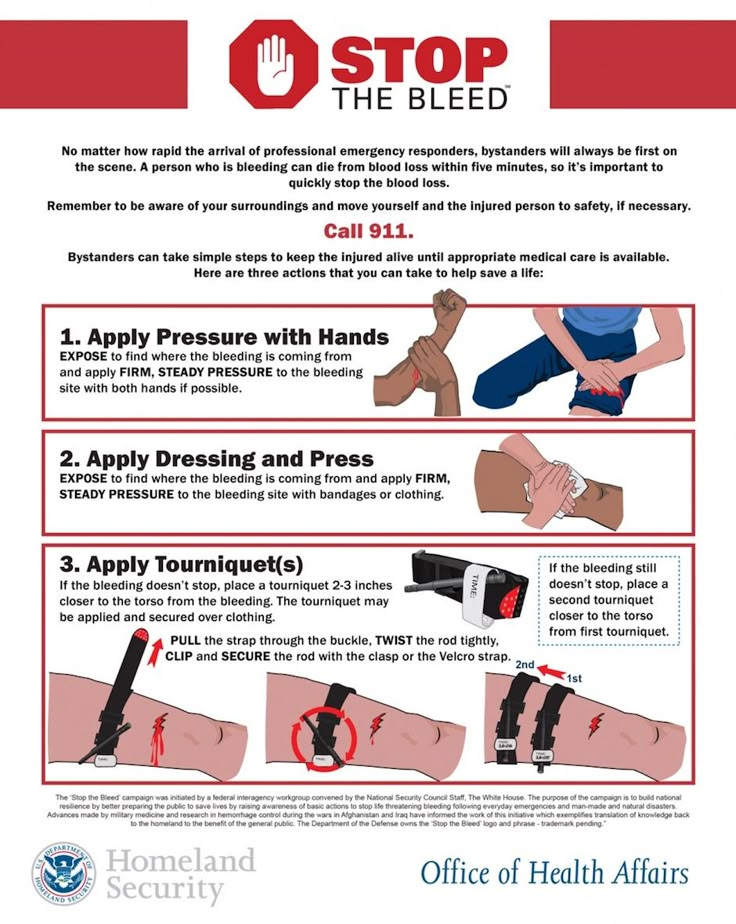 I’m embarrassed to say that I was teaching marriage and the importance of sex in a marriage and I didn’t realize I was suffocating the very love I was desperately craving from him. I felt that if I didn’t control him, he wasn’t going to love me the way I needed him to.
I’m embarrassed to say that I was teaching marriage and the importance of sex in a marriage and I didn’t realize I was suffocating the very love I was desperately craving from him. I felt that if I didn’t control him, he wasn’t going to love me the way I needed him to.
I had to explain while hoping against hope he’d give me what I wanted. But that certainly was the opposite of what happened. I felt like it was a bait & switch. He was lovey-dovey and romantic early on and then nothing. Worse than nothing because I was “his” and he no longer had to “win” me. I was taken for granted. I wasn’t getting what I deserved.
So, what could I do aside from having an open and honest communication of how miserable I was? Was that an effective motivation for him to change? Unfortunately, no. I had valid needs, but I chose to control him which is an ineffective strategy. It did motivate him to not want to be around me. The way I acted and communicated made him think: “She’ll never be happy, so why try?”
He stopped trying. I kept pushing and forcing and nagging and complaining while he became more apathetic and frustrated and distant. I didn’t realize that I was suffocating my husband by these actions. I’m trying to force him to be who I wanted him to be.
I kept pushing and forcing and nagging and complaining while he became more apathetic and frustrated and distant. I didn’t realize that I was suffocating my husband by these actions. I’m trying to force him to be who I wanted him to be.
If he doesn’t have the freedom to be who he is, he would not want to be around me. And we all know marriages can end in the blink of an eye. How did I change? I learned that control was all about fear. In my relationship, it was the fear that what I need is going to go unmet.
Unless I took it into my own hands and forced him to do it my way, I feared that I won’t be treated well enough, the party won’t be cute enough, the house won’t look good enough, the food won’t be tasty enough, the kids won’t be safe enough and on and on and on.
I realized my fear actually became a self-fulfilling prophecy and controlling him makes him completely demotivated to do anything–because in his mind it won’t be “right” anyway. I didn’t know that love cannot breathe when it is being controlled. Without freedom, the desire for the other partner is completely suffocated.
Without freedom, the desire for the other partner is completely suffocated.
I stopped forcing him to be who I wanted him to be. I started to untangle myself from him emotionally. I stopped depending on him for me to be happy. That unhealthy dependency was making me miserable. I couldn’t be happy unless he was making me happy and since he wasn’t making me happy, I would control, criticize, correct, guilt him, and share how miserable I was. I decided to continue to value my needs and tried to make myself happy with other things too.
I started appreciating the ways he was adding joy to my life. I would say “it’s nice to see you this morning.” Instead of slapping him with some mean, sarcastic remark about his clothes, attitude, or tardiness. And the truth is, if he were gone, I’d miss seeing him. I would say “Thank you for listening to me, that means a lot” even if it were only for 5 minutes.
I ignored the negatives because I knew that would make him less motivated and make him once again go away from me–emotionally and physically. I started to notice the elements of him that were unique from myself. Those elements that I so adored when we were dating.
I started to notice the elements of him that were unique from myself. Those elements that I so adored when we were dating.
I stopped making him into the person I wanted him to be. Instead, I appreciated the person he was.
I let go of the fear that if I didn’t force him, he’d not give me what I deserved and needed in our loving relationship.
Fear is what led me to control. But I decided I was going to be ok with or without his love. And I decided I’d love him for who he was at that moment.
Eventually, he changed. Now, he’s romantic, patient, he’s the best father I know, he surprises me with coffee in bed most days, he cleans the dishes every night, he does all the bills and usually does all the housework and tells me I’m beautiful and that he’s so lucky to have a wife like me.
Because I rejected fear and changed first, he did too.
Rajandeep Kaur
Social Media Director, TeacherOn
Do you like to get things done when you want and the way you want? Do you think that you try to control every situation and every person around you?
Has anyone ever complained to you of that? Are you finding it difficult to maintain relationships and friendships because of this attitude?
If yes, you need to change your perspective as you can lose someone you love because of this behavior.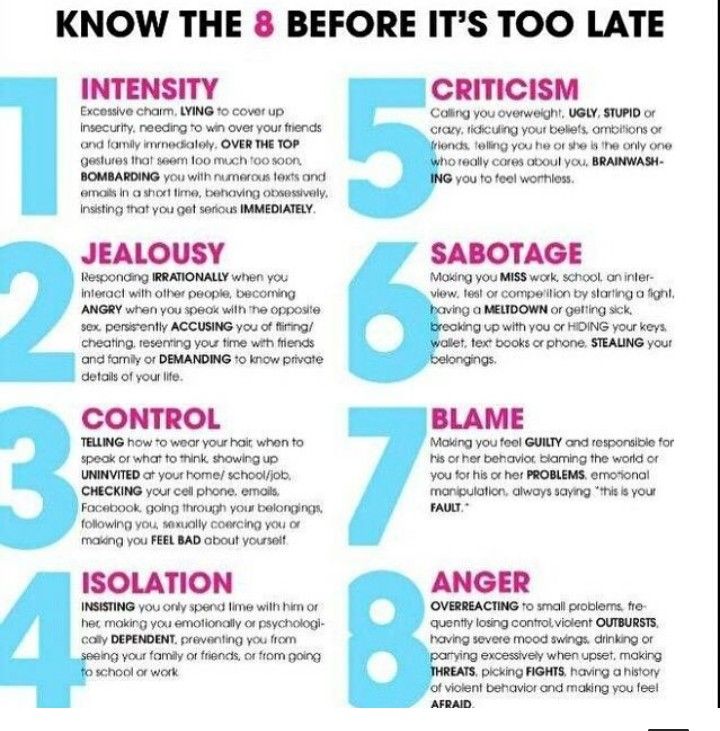 Following are a few tips to do so:
Following are a few tips to do so:
Acknowledge your own insecurities
You may have some insecurities which force you to control the behavior of others. Learn about them and let go of your insecurities. Your past experiences might have developed those vulnerabilities. You need to understand that you can’t live in your past and ruin your present. Let go of that past and those insecurities attached to the past.
Related: 10+ Signs of Insecurity in a Woman
Take control of your language
If your words are bossy and you always order others to get things done. It is a clear indication that you are a control freak. Try to include words like ‘please,’ ‘thank you,’ and ‘shall we’ which makes you sound more polite.
Try not to give advice when people don’t ask for it
Don’t try to fit in everyone’s shoes and be the one to know-it-all. Everyone has its own battles, and they know how to tackle them. People will ask for advice when needed.
The chances are that your controlling attitude has come from your anxiety or stress. If you had a tiring or terrible day at work, you can’t lash out at your family or friends or your maid. If you are not able to manage the issues at the office, you can’t be controlling things at home to compensate.
If you had a tiring or terrible day at work, you can’t lash out at your family or friends or your maid. If you are not able to manage the issues at the office, you can’t be controlling things at home to compensate.
Instead, try some stress buster activities or discuss things with your partner or some close friend, who can help you get out of the situation in a more positive way. You can also take the help of a therapist.
Related: 7 Ways Other Cultures Deal with Stress
How useful was this post?
Click on a star to rate it!
We are sorry that this post was not useful for you!
Let us improve this post!
Tell us how we can improve this post?
16 Ways To Stop Being Controlling In A Relationship
Get expert help with your control issues before they push your partner away. Click here to chat online to someone right now.
Do you find yourself constantly trying to control what your partner does? How they do it? When they’re doing it?
Do you get upset or angry if things are not done specifically how you want them done?
Is this behavior undermining or destroying your relationships with other people?
Do you want to change this behavior and grow as a person?
You’re not alone.
A person who is controlling may find it difficult to maintain friendships and relationships because people generally don’t want to be micromanaged.
It feels stressful, oppressive, and approaches the line of abusive behavior that no one should have to put up with.
But this type of behavior doesn’t always manifest as just being controlling. It can take the form of excessive worrying, constant unasked for advice, meddling, or trying to fix the problems they see around them.
Identifying that there is a problem in the first place is a big step in the right direction. That level of self-awareness is difficult.
But how do you stop being so controlling in a relationship?
Identify where your need for control comes from.
The need for control often stems from different types of anxiety and fear.
A person may be trying to control others to fall into predictable patterns and behaviors so that there are no unexpected surprises or deviations from what they expect.
The person may have a hard time with these disruptions because their mind is constantly working in overdrive to head off any present or future problems.
They may feel that so long as things are done their way, when they want them done, how they want them done, that there will be less disruption.
They may try to influence or control the behavior of the people around them so that their relationships are predictable and do not fuel their own anxious thoughts.
That may not always be the case though.
There are times when partners, friends, and family contribute to that anxiety by being incapable, feigning incapability, or offloading their responsibilities onto the controlling person.
The controlling person becomes that way through this shift in responsibility because without someone taking action and conducting the chaos, nothing would ever get done.
Still, controlling behavior can come from deeper places too.
It’s not unusual for people who had a hard upbringing to develop controlling tendencies and anxiety about maintaining their life.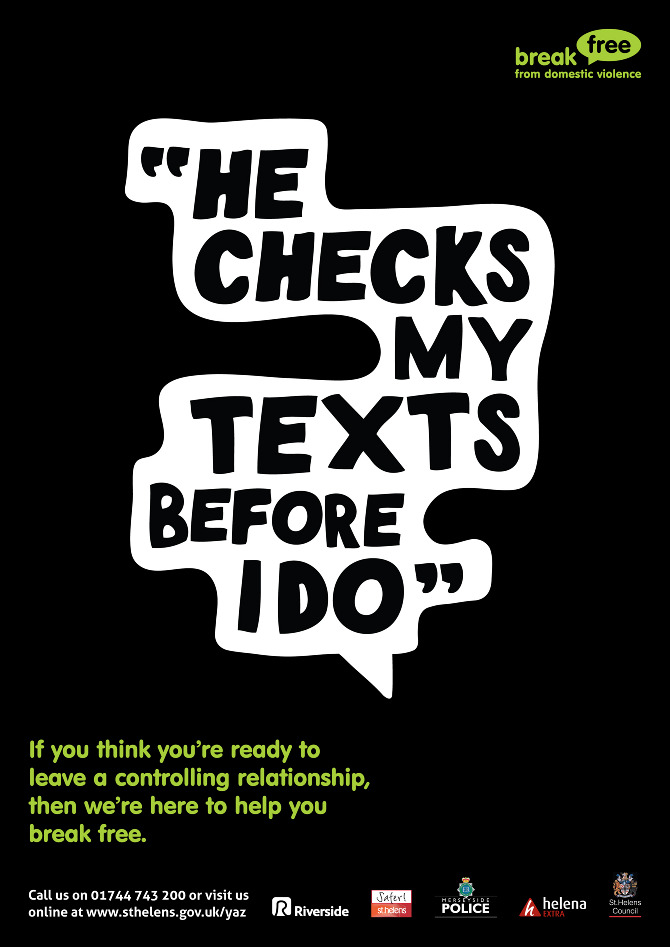
A child that grows up in this situation may try to fill the gaps left by parents that couldn’t fulfill their role well.
Things that remind them of the way they grew up, like certain behaviors or situations in their life, can cause their anxiety to escalate. As such, they try to exert control over what’s happening around them to keep their mind settled.
The way to end controlling behavior starts with getting to the root of what is causing it in the first place.
That can be hard to figure out on your own. If you can’t, it would be a good idea to talk to a certified mental health counselor about the behavior, the circumstances that drive it, and how to correct it.
Realistically, changing one’s behavior is hard and you will likely need professional help.
If you can identify what the reasons are for feeling the need to control, there are some steps you can take to help loosen the reins and improve your relationships.
How To Stop Being Controlling In A Relationship
Alongside working through the possible reasons for your controlling behavior, you can begin to make changes to the way you interact with others.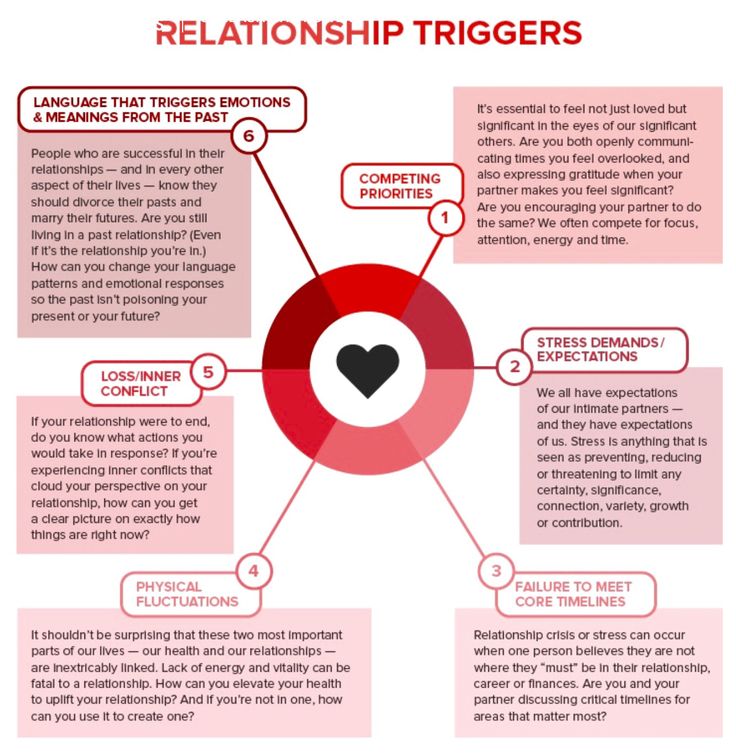
In particular, you can take a different approach in your romantic relationship in order to make them healthier and happier.
1. Find ways to trust your partner.
Relationships with no trust are doomed to fail eventually. And controlling behavior often comes from a place of mistrust in your partner.
Even if your trust issues stem from past experiences, you will have to work with your current partner to overcome them, as well as working on them by yourself too.
Perhaps you have a fear of abandonment due to an ex suddenly leaving you for someone else, or from a parent leaving you as a child.
Perhaps you are extremely jealous of every other person in your partner’s life, regardless of who they are or what gender they are. This may come from an ex who cheated or flirted with everyone other than you.
Maybe you go snooping on your partner’s phone to see if they are talking to other potential love interests or moaning about you behind your back.
These all come back to a lack of trust in your partner.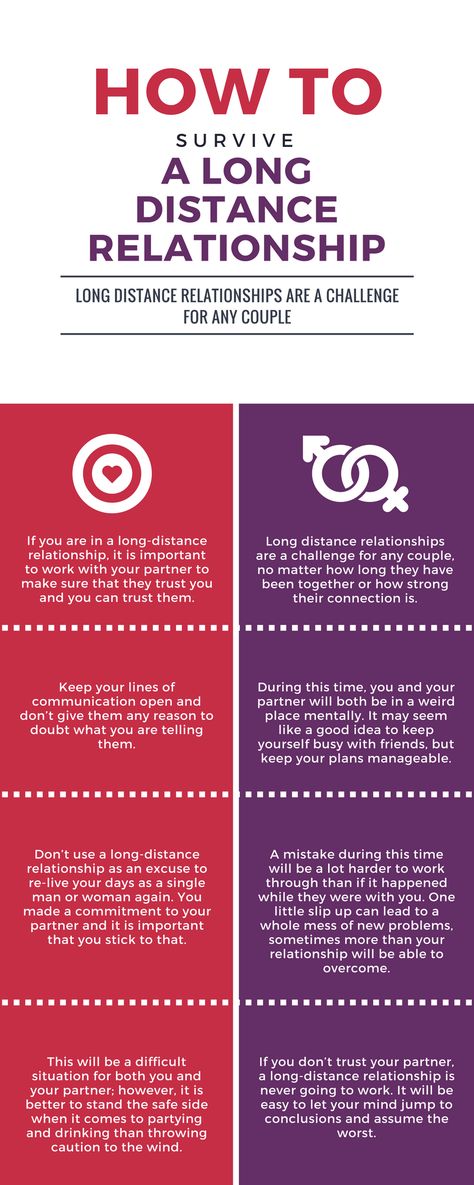 A lack of trust can lead to irrational thoughts that our partner must be doing something that will hurt us, and so we become controlling to make sure they don’t do those things.
A lack of trust can lead to irrational thoughts that our partner must be doing something that will hurt us, and so we become controlling to make sure they don’t do those things.
But you aren’t going to be with your partner 24/7 and you can’t be privy to their every communication. If you can’t learn to trust them, those irrational thoughts will get out of hand, leading to you trying to exert even more control over them.
You’ll become possessive, needy, clingy. You will try to manipulate them into not seeing people, using emotional blackmail to get your own way.
None of this is healthy. None of this will be good for you, your partner, or your relationship in the long run. You have to learn to trust them, come what may.
Here’s an article of ours that can help: 8 Ways To Build Trust In A Relationship (+ 8 Trust Exercises)
2. Don’t try to solve your partner’s problems or make choices for them.
A big way that control can be seen in a relationship is where one partner tries to solve the problems of the other.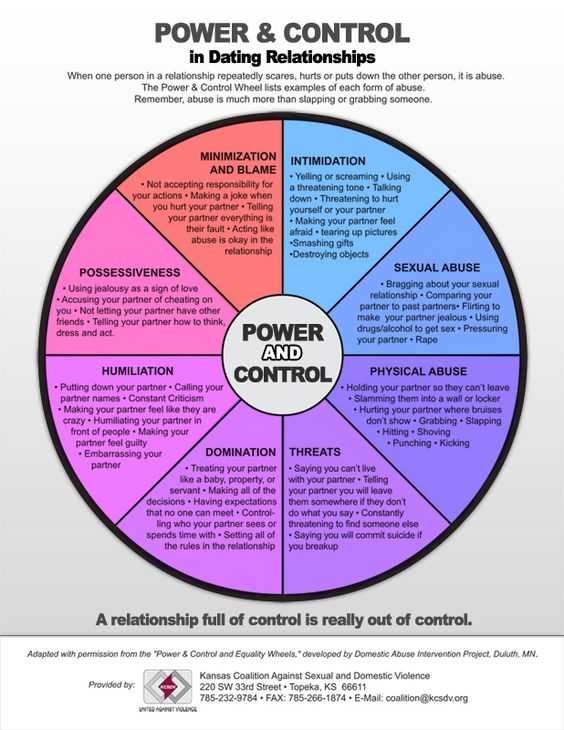 If this is you, you need to stop.
If this is you, you need to stop.
You may do this because you feel small, and by solving your partner’s problems, you give yourself a bigger role in their life. You take on responsibility that should be theirs and you try to make decisions for them because you think you are helping.
What you have to remember is that they are their own person. As much as you may be a part of their life, you are not the only part. Quit making their problems and their choices about you – for the most part, they are not. They are your partner’s problems and choices and you should allow them to be responsible for them.
The more you try to control their life, the more they will pull away and try to assert their own independence. This may then mean you try to control even tighter because you worry they are ‘getting away’ from you. Your partner will end up feeling suffocated and micromanaged to the point where they view the relationship as unhealthy, or even toxic.
If you disagree with a choice your partner is making, and think they are going to regret it, sit down with them and express your concerns.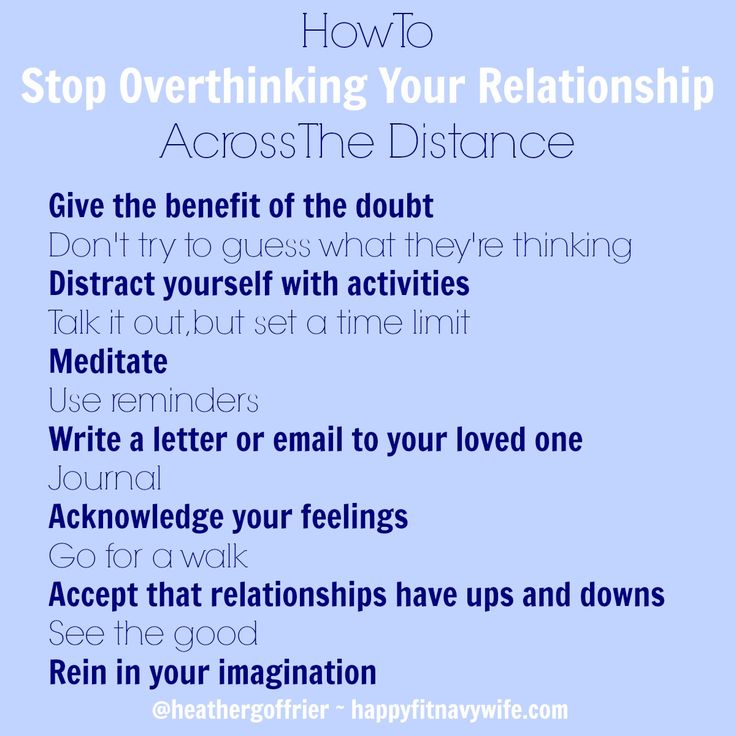 Do so respectfully and make it clear that, ultimately, you will support them whatever they choose to do. They may take your opinion on board, or they may not.
Do so respectfully and make it clear that, ultimately, you will support them whatever they choose to do. They may take your opinion on board, or they may not.
Of course, if you cause or contribute to a problem in their life in some way, you should apologize where appropriate and offer to help them fix it. But they have to be the ones to decide how to do that. You should always encourage them to do what is right for them.
3. Consider the way you are communicating with others.
The way we communicate drastically colors the perception of the message being delivered.
A person who is curt, direct, and unyielding is going to be perceived as controlling, whether they are or not.
That doesn’t mean that there isn’t a time and a place for such a delivery, because there certainly is.
But if that’s your primary method of communication, the people around you will come to resent you for it.
A better approach is to simply include more polite language, like please and thank you.
Make requests, suggestions, or ask for help if you need something done instead of dictating.
By softening your approach, you’ll influence not only how people perceive you, but the way you think about the message you are delivering.
4. Relinquish control of the outcomes of activities.
Control tends to rear its head when things need to get done. The problem is that everyone has different standards on what constitutes a successful resolution of an activity.
A controlling person may not just want something done, but they want it done to their standards or how they do it.
That isn’t always the best way to get things accomplished. Sometimes it’s better to just let things go as they go and trust that the other person is going to get it done.
Sometimes that direct control isn’t the responsibility of the person who is perceived as controlling.
Sometimes it’s the other person who feigns incompetence or refuses to do anything of quality so that they can shirk their own responsibility.
That’s a more difficult situation because you can’t really control what other people choose to do.
A conversation about helping out more and meeting them halfway can sometimes be productive, but a lot of times it ultimately comes down to no longer doing things for that person so they can realize that you won’t be taken advantage of.
5. Seek professional help.
If you have reached the point where you are searching for information on how to be less controlling, it’s almost certainly having an impact on your relationships and your life in general.
Whilst it’s possible for someone to overcome their issues by themselves, going it alone means there’s a greater chance of not fully laying your ghosts to rest and slipping back into your old, overbearing ways. Seeking expert help should mean you can manage or overcome your control issues for good.
There are two types of help you should consider.
If you think your control issues stem from trauma or abuse in your past, you should look into getting yourself a personal counselor or therapist. They will help you unpack those events in a safe way and give you coping mechanisms to deal with their legacy on you.
They will help you unpack those events in a safe way and give you coping mechanisms to deal with their legacy on you.
If you are currently in a relationship and just want to discuss your control issues and get some specific advice on how you can stop controlling your partner, a relationship expert is a wise investment. You can speak to them by yourself to get additional tools that go beyond the scope of this article. You can also speak to them as a couple (if you wish) in order to give your partner a say and to lay all your problems out and face them together as a team.
If you want to speak to a relationship expert, you should consider the services of Relationship Hero where you can connect with someone who knows how to help you and can potentially save your relationship. Click here to start the process.
6. Think about your partner’s needs.
When you are in a controlling mindset, you have to ask yourself whose needs you are really thinking about. Give yourself a moment to reflect on the situation and you’ll often find that it’s actually your needs that you are most concerned with.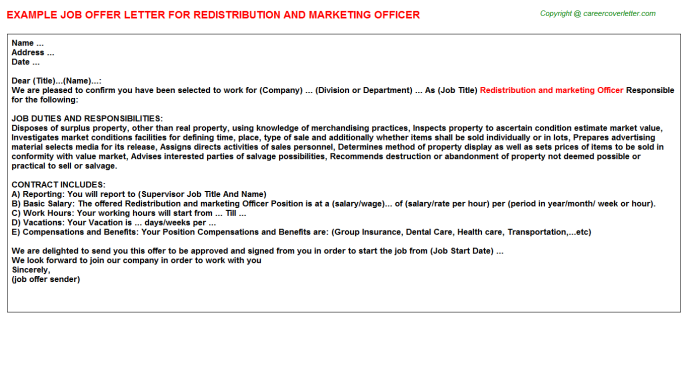
But you have to find a way to make both of you happy where possible because they are an equal partner in the relationship and deserve to have their desires met.
You won’t always agree, and you will have to find ways to compromise from time to time. Let them express their opinion. Consider that opinion and ask whether their needs, in this instance, should take priority. Sometimes you have to put your partner first.
Part of this is to remain rational about their needs or preferences. For instance, just because they want to take up a hobby that you don’t want to do, it doesn’t mean they hate you and want to spend time apart. You don’t have to see that hobby as a threat to your relationship and try to control your partner to neutralize that threat.
7. Try to avoid judging your partner.
Your insecurities may be made worse when you judge your partner for the things they do or do not do. This is because every time you judge them, you may judge yourself too – doubly so.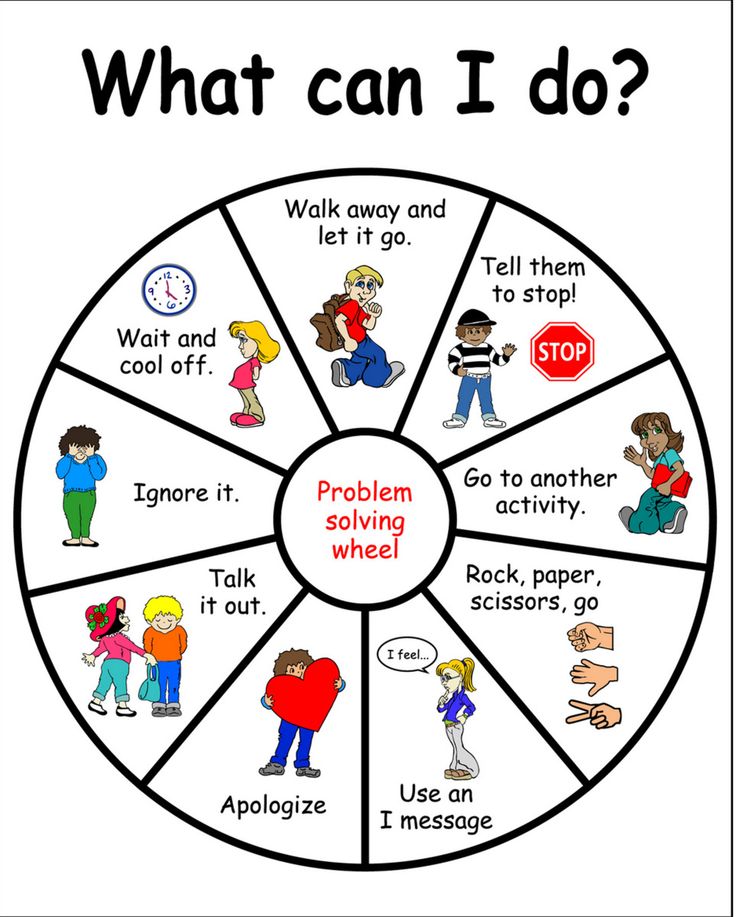 When you focus on what you see as someone else’s flaws, you give your mind permission to reflect on your own flaws too.
When you focus on what you see as someone else’s flaws, you give your mind permission to reflect on your own flaws too.
If you judge your partner for spending ‘too much’ time with their friends, you may judge yourself for not being much fun to be around (because why would they not want to spend that time with you?)
If you judge your partner for the way they spend their money, you may judge yourself for being such a scrooge (which may feed into the belief that you’re not much fun).
If you judge your partner for leaving a cereal box on the counter top when they could have easily put it away, you may then judge yourself for being so pernickety about things or for allowing such a small thing to get to you.
So when you notice yourself think in terms of right/wrong, good/bad, should/shouldn’t, you need to pause and reflect on the situation or the actions of your partner from a more loving light. That will help prevent your mind from turning to such negative thoughts about yourself and your relationship.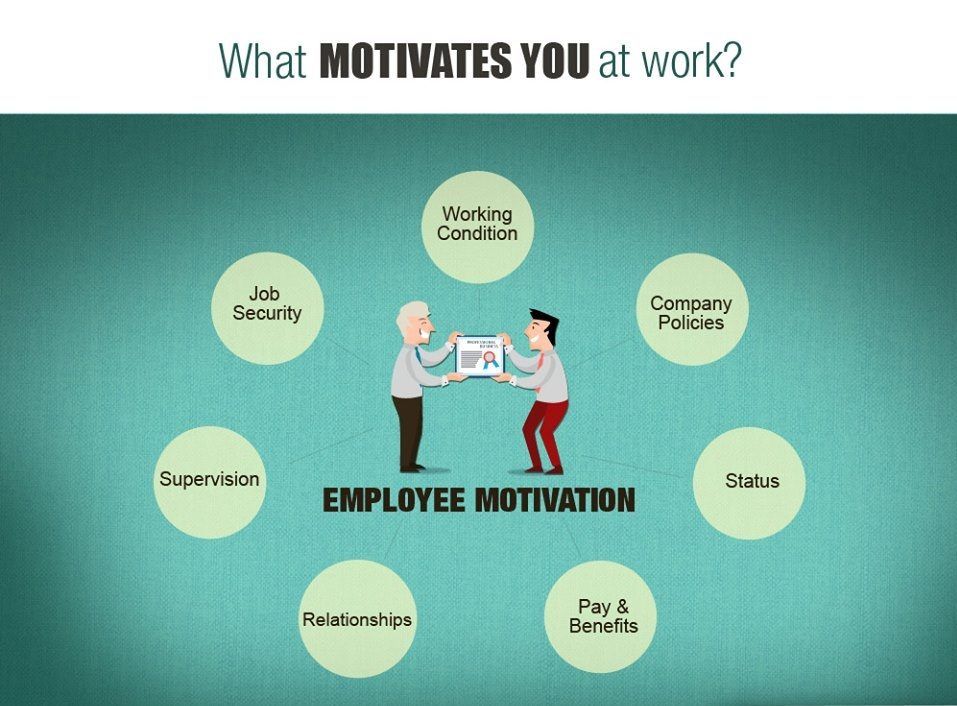
What’s more, if you judge your partner openly, it can harm their self-esteem. If you are hypercritical of the things they do or the choices they make, you sow the seed of self-doubt in their mind which is not a thing you should wish for the person you love.
And the less critical you are about your partner, the less self-critical you will be too, which will help your self-esteem.
8. Address any insecurities that might be contributing.
Insecurity contributes to controlling behavior because it causes us to not value ourselves the way we should and question the intentions of others.
Do you find yourself wondering who your partner is talking to? Who is messaging them? What they are doing when they are not around?
These behaviors point to the kind of insecurity that facilitates controlling behavior.
The caveat is that not all insecurity is unfounded. People who have been cheated on or hurt badly in the past may be seeking to limit their exposure to being hurt that way again.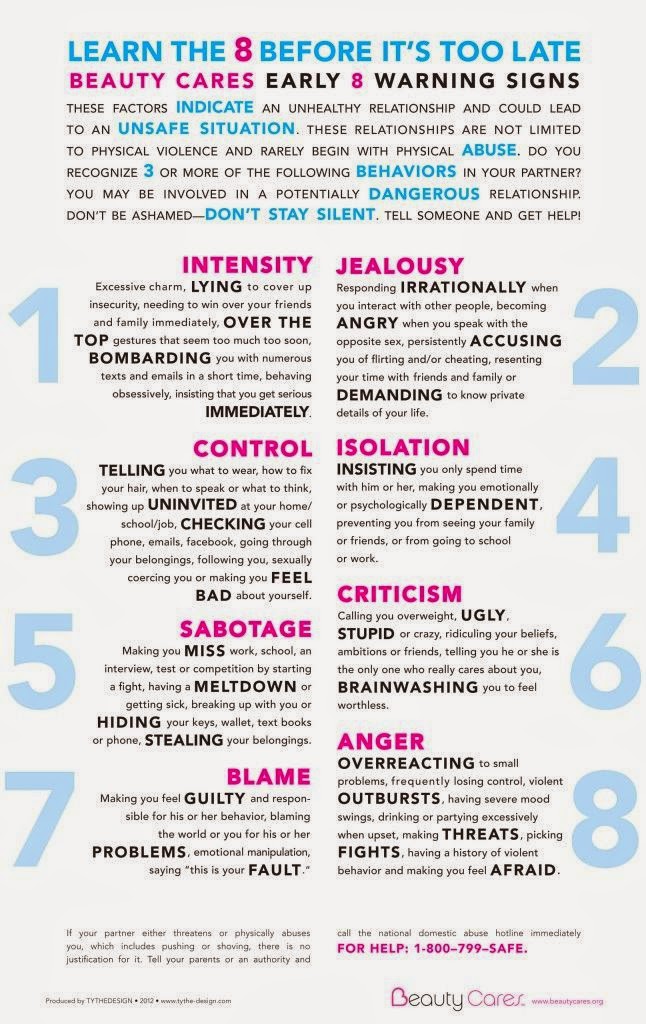
The problem is that choosing to stay in the relationship with the person means there is always the question hanging over you of whether or not it will happen again.
Other people don’t bother addressing and working on that hurt at all. They just let it fester quietly until it messily explodes into their life.
Quieting those insecurities is of vital importance. They will fuel controlling behavior and ruin healthy relationships.
9. Don’t punish your partner for your ex’s crimes.
If you were in a relationship where your partner lied or cheated or betrayed you in some other way, you might have adopted a controlling approach to subsequent partners in an effort to stop them from doing the same thing.
This is unfair because you are making your current partner pay for something they did not and have not done. You are punishing them for the actions of your ex. You are allowing old wounds to resurface and infect your current relationship.
Similarly, if you were the person who was controlled by an ex-partner of yours, you may seek to never let that happen to you again. One way that can manifest is that you become the one who controls your new partner. After all, control can only go one way – if you are controlling them, they can’t control you.
One way that can manifest is that you become the one who controls your new partner. After all, control can only go one way – if you are controlling them, they can’t control you.
Either way, you try to control the outcome of the relationship by controlling your partner’s every move.
A good way to stop your behavior before it turns into a moment of control is to ask whether it is something your partner has done that has upset you, or whether you are being triggered by something your ex did.
10. Don’t punish your partner for their own crimes.
People make mistakes. And it’s impossible to be in a relationship with someone without getting at least a little but hurt now and again. That’s normal and it doesn’t mean that your relationship is unhealthy.
But when we get hurt, it’s natural to try to stop that from happening again. This can result in controlling tendencies.
If your partner has done something that might have caused or contributed to your current insecurities about them and your relationship, give them the chance to redeem themselves and change.
Don’t try to force that change – let them be the ones to take charge of their own behavior. In the grand scheme of things, you can only control your own thoughts and actions. You must allow other people to be the architects of their own destiny.
And if you’ve give them that chance and they continue to break your trust or act in a way that is not becoming of a healthy relationship, it’s time to leave that relationship rather than thinking you can control them more to stop them from hurting you again.
11. Be sure that everyone has appropriate time and space.
A relationship or friendship can start to feel oppressive if people don’t have enough space to move and breathe.
Everyone needs time to themselves to recharge their batteries, even the most extroverted of people.
In a relationship, you should be functioning as a team. Ideally, you should be lifting one another up and creating a formidable partnership to take on life.
But this can become a problem if you don’t ever stop to take a breath and really focus on yourself.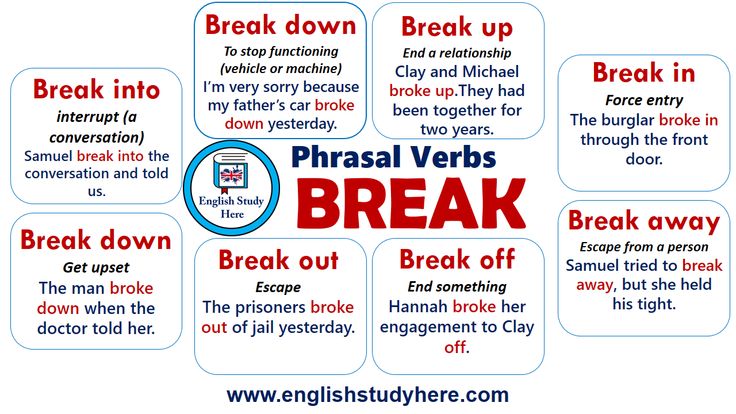
Neither of you should be worrying about every tiny detail of their partner’s day and life all the time.
Sometimes? Sure. If you love someone, you’ll worry about them and want the best for them so they can be happy and have a good life.
But you can’t do that all the time, nor should you.
Take time for yourself, let your partner have time for themselves, and give each other room.
12. Manage your stress in healthy ways.
Controlling behavior often comes down to anxiety. Anxiety often comes from poorly handled stress.
So, if anxiety is fueling your controlling behavior, you can alleviate it by working on your stress management skills.
Poorly handled stress tends to be messy and bleeds over into other areas of your life.
If you have a hard day at work, it’s really easy to take that home if you can’t compartmentalize or have a release valve for it.
It may be time to take a close look at the way you manage the stress in your life.
Are you handling it well?
What stresses can you reduce or remove from your life?
Is it time to change something up in your life? Find a new career? Hobby? Maybe start exercising, eating, or sleeping more?
Improving your stress management skills will improve your mental and emotional health all around.
13. Open yourself to new experiences and changes.
The greatest gift you can give yourself is to be open to new experiences and change.
Controlling behavior is sometimes about trying to maintain a status quo. The problem is that the status quo may not be something worth hanging onto. Sometimes things aren’t as good as they should be.
The way to improve them is to accept that sometimes things need to change, which can also help you manage stress and grow as a person.
Relationships evolve with time. It’s far better to actively nurture and grow that relationship together with your partner for a healthier future instead of trying to keep things as they are.
Part of this involves realizing that you can’t always be right. Your partner will have good ideas or suggestions and you should be willing to consider these and take them on board where appropriate.
14. Appreciate the differences between you and your partner.
You are not your partner. Your partner is not you.
They aren’t going to look at life through your eyes. They will have their own thoughts, opinions, preferences, and beliefs about life and how it should be conducted.
When you learn to accept and celebrate these differences, you can start to better understand and appreciate what you both bring to the relationship.
A healthy relationship includes respect for a person’s flaws and quirks just as much as it honors their more positive qualities and abilities.
By accepting these differences, you can demonstrate that you respect and value your partner instead of trying to dictate how they perceive and move through life. Always remember that you cannot change your partner into the person you want them to be. They are who they are.
And when you can accept them for who they are, you open up to self-acceptance of who you are, flaws and all. This, in itself, can be liberating and help you to lower your need for control.
15. Be single for a while.
If you’re in a relationship, this advice won’t apply to you. But if you’re currently single, stay that way for a period of time.
But if you’re currently single, stay that way for a period of time.
Perhaps you’re reading this article because your controlling ways contributed to the breakdown of your past relationship and you don’t want to risk that happening again. If so, don’t rush into a new relationship just yet. Be single and learn to enjoy it as much as you can.
Being alone for a while gives you the opportunity to work on yourself without the added complication of a relationship confusing things or hindering your growth.
By remaining single and putting in the work to overcome your controlling behaviors, you will learn to love yourself first. You will realize that you can fulfill your own needs and don’t need someone to fulfill them for you, or to validate you as a person by virtue of being in a relationship with you.
16. Challenge yourself and set big but realistic goals.
Part of why you may seek to control your significant other is the feeling you have of being out of control.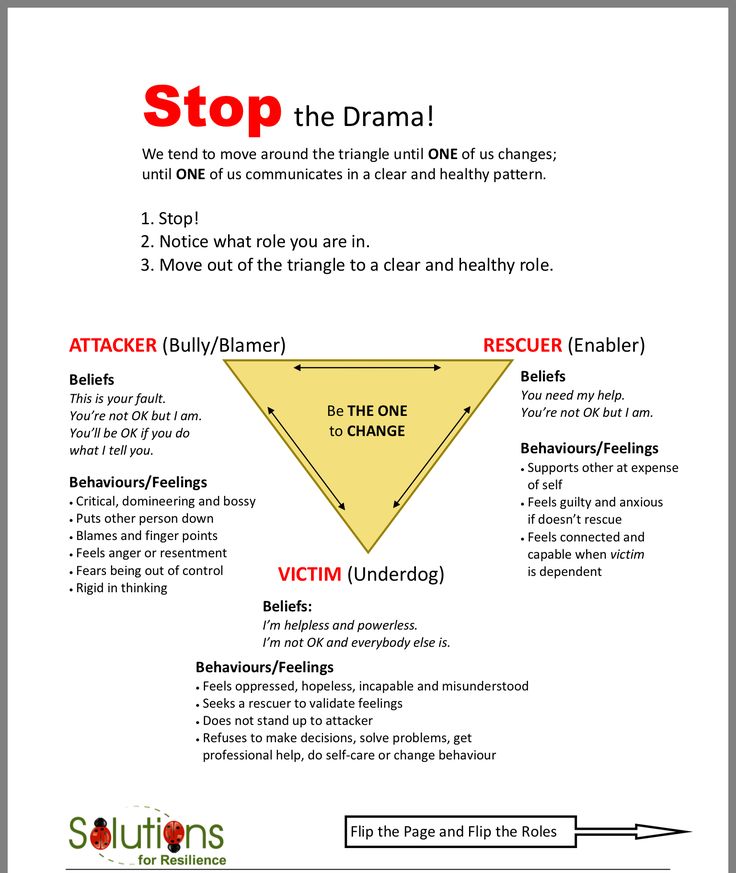 You need to gain some control over something and your partner offers a solution to that.
You need to gain some control over something and your partner offers a solution to that.
So, if you can find a different outlet for your control, you will ease up on the controlling behaviors in your relationship.
One way to do this is to set some goals and work toward them. When you have something in your life that you are working toward – some challenge you have set – you will feel more in control of your life and of the outcome of that goal.
Not only that, but it will put your relationship in perspective so that you don’t see it as this all important aspect of your life that you have to protect at all costs. Of course you want that relationship to continue, but you now have other things that are important to you and that you have some control over.
Still not sure how to curb your controlling ways? It’s not an easy situation to be in, and it might be all the more difficult if you don’t have anyone to talk to about it. Talking to someone is a great way to get your thoughts and your worries out of your head so you can work through them.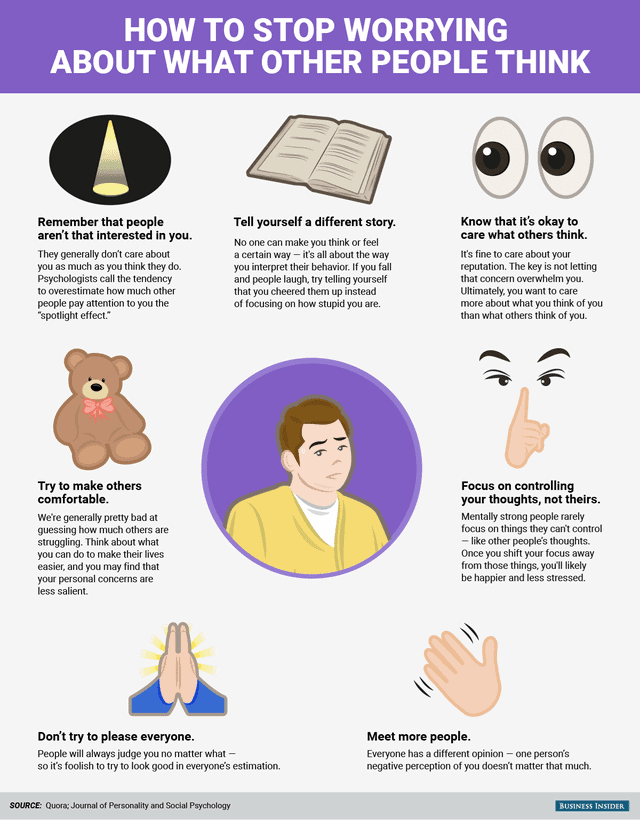
We really recommend you speak to an experienced relationship expert rather than a friend or family member. Why? Because they are trained to help people in situations like yours. They can be the ear to listen to you and the voice to offer well-considered advice to help you explore your control issues and gradually overcome them.
A good place to get help is the website Relationship Hero – here, you’ll be able to connect with a relationship counselor via phone, video, or instant message.
While you can try to work through this situation yourself or as a couple, it may be a bigger issue than self-help can fix. And if it is affecting your relationship and mental well-being, it is a significant thing that needs to be resolved.
Too many people – both couples and individuals – try to muddle through and do their best to solve problems that they never really get to grips with. If it’s at all possible in your circumstances, speaking to a relationship expert is 100% the best way forward.
Click here if you’d like to learn more about the service Relationship Hero provide and the process of getting started.
You’ve already taken the first step just by searching for and reading this article. The worst thing you can do right now is nothing. The best thing is to speak to a therapist. The next best thing is to implement everything you’ve learned in this article by yourself. The choice is yours.
Frequently Asked Questions (FAQs)
How can I tell if I’m being controlling in a given situation?
There are a number of ways to identify when you are being controlling. The first is to stop for a moment and ask whether what you are about to do is for your partner’s benefit or for you own. If it’s for your own, you are exerting control over your partner.
When you want to control a situation to protect your partner, ask whether you are, in fact, protecting yourself. Maybe they want to go out to a bar with friends but you don’t think it’s a good idea because they might get taken advantage of whilst drunk.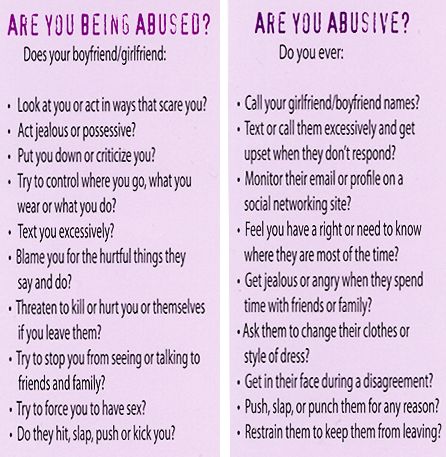 Is the real reason you don’t want them to go because you are insecure and jealous and you worry they might meet someone else? Your control is how you prevent yourself from getting hurt or betrayed.
Is the real reason you don’t want them to go because you are insecure and jealous and you worry they might meet someone else? Your control is how you prevent yourself from getting hurt or betrayed.
In a wider context, there might be certain situations that trigger your need to control. If you can identify what these situations are, you can be mentally prepared to stop yourself from being manipulative or overbearing. You’ll know your emotions might run high but you’ll be more able to keep a lid on them.
When in doubt, pause before acting. Allow your mind to dwell on what you are about to do and examine it fully from every angle before deciding whether to proceed.
What other forms of control should I be aware of?
Sometimes you may try to indirectly control and manage your partner’s behavior or choices. This includes things such as getting defensive, giving the silent treatment, being passive-aggressive, or attention seeking.
Lying can also be considered a way to control a situation and your partner’s actions. Your little lie may not seem like much, but if it changes a choice they make to better suit your preferences, that’s manipulation.
Your little lie may not seem like much, but if it changes a choice they make to better suit your preferences, that’s manipulation.
Even your emotional response to things can be a form of control. If you get sad whenever your partner is away from you, it encourages them to spend more time with you. Or if you get angry or moody when they suggest visiting their family, they’ll be less inclined to suggest it in future.
Of course, there are even more destructive forms of control that include abusive behavior, bullying, and gaslighting, among other things.
What else might my controlling behavior point to?
The need to control a romantic partner might be related to other issues, the first of which is codependency. Quite often, one person in a codependent relationship will be controlling. You might depend on your partner to accept your control, whilst they could be someone whose own upbringing or past experiences makes them yield to that control in order to earn your love.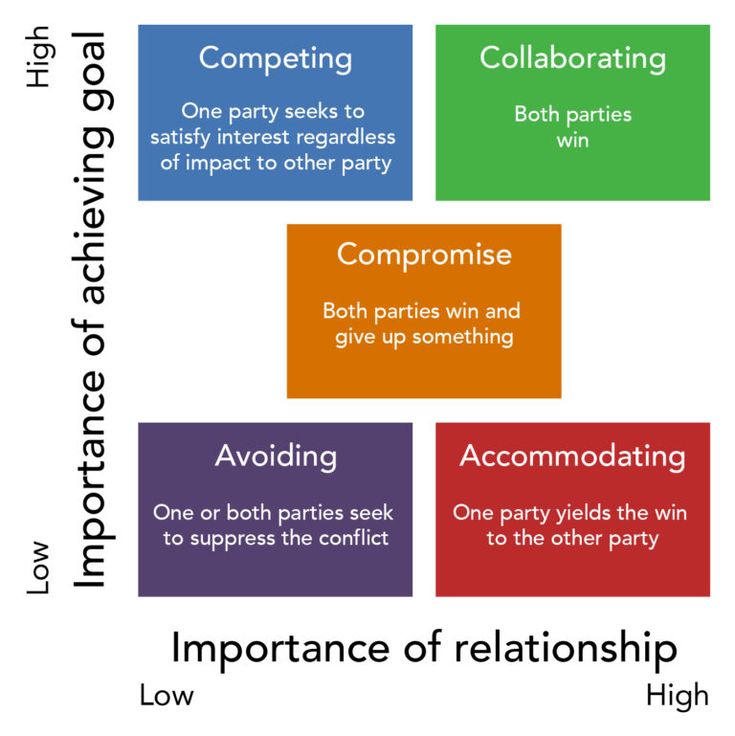 It’s a toxic dynamic that doesn’t do either of you any good.
It’s a toxic dynamic that doesn’t do either of you any good.
Another possibility is that you have an anxious attachment style. You worry about the state of your relationship and believe that it’s always on the brink of collapse. So you use control to prevent that from happening.
Your controlling tendencies might also be a part of your self-sabotaging mindset. You don’t want the other person to hurt you, so you sabotage the relationship with overbearing behavior in order to end it before they can.
Then there is something known as obsessive love disorder. This is how it sounds – you become obsessed with the person you are in love with (or think you’re in love with). You may feel you need to protect them and have obsessive thoughts about them. If this is the case, you probably struggle to maintain relationships with others, you suffer extreme jealousy, you like to be in near-constant communication with your partner, and you seek constant reassurance from them.
You may also like:
- How To Deal With Insecurity And Overcome Its Effects
- 10 Tips To Help Couples Communicate More Effectively In Their Relationship
- Why You Need To Let Go Of Control Before It’s Too Late
- How To Identify And Overcome Relationship Anxiety
- How To Stop Being Clingy And Needy In A Relationship
- How To Accept Others For Who They Are
Without safety net, or How to stop controlling everything in your life?
You have most likely met people who believe that everything in this life depends on them and therefore they must control every little thing.
 These people are tearing their hair out because of every flaw, whether it's unforeseen rain or broken internet. We understand why they generally try to control everything and take responsibility for the forces of nature. And also find out what to do if you notice a tendency to hypercontrol. nine0003
These people are tearing their hair out because of every flaw, whether it's unforeseen rain or broken internet. We understand why they generally try to control everything and take responsibility for the forces of nature. And also find out what to do if you notice a tendency to hypercontrol. nine0003 Hypercontrol: what is it and where does it come from?
Hypercontrol, or excessive control, is a popular psychology term used to describe people who seek to control everything around them. This word also describes overly harsh managers who monitor all correspondence and employee search histories, and guardian parents, and partners who know what, where and with whom their spouse is doing.
A person prone to hypercontrol tries to keep in his attention all the smallest details, all events where something can go wrong. Violation of plans for such a person is the worst nightmare, so he is ready to break, but bring events in line with his expectations. nine0007
But where does this tendency come from?
Psychologists say that hypercontrol comes from a lack of security that a person could experience in childhood or already in adulthood.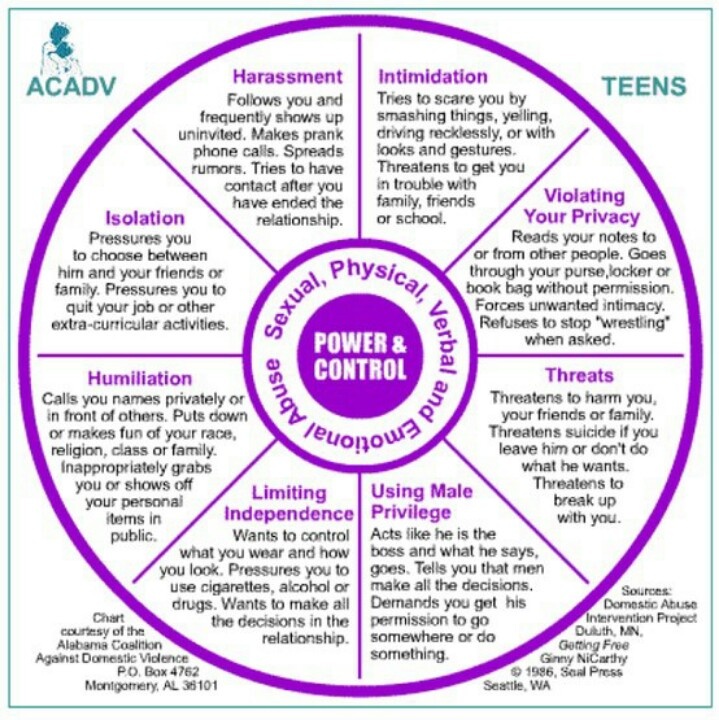 The fact is that our brain loves stability very much, it is synonymous with security in our minds. We are calmer when life does not throw any surprises, but when every day is filled with uncertainty, a person may begin to experience anxiety. Control in this case will be a way to defeat this state, because when you can calculate everything to the smallest detail, there is no need to worry. nine0007
The fact is that our brain loves stability very much, it is synonymous with security in our minds. We are calmer when life does not throw any surprises, but when every day is filled with uncertainty, a person may begin to experience anxiety. Control in this case will be a way to defeat this state, because when you can calculate everything to the smallest detail, there is no need to worry. nine0007
The tendency to control can arise for various reasons:
Problems from childhood
People who grew up in families where parents were prone to addictions, excessive control or had unpredictable behavior are distinguished by a high tendency to hypercontrol. Children from such families tried to prevent the bad mood of their relatives, so as not to "fall under the distribution." They brought this line of behavior into adulthood.
Codependency
Hypercontrol often comes hand in hand and with co-dependency in which the partner takes responsibility for the partner's well-being, whether he wants it or not. The codependent partner believes that every time the second person in a relationship deviates from the laid course, this is his personal failure and defeat. nine0007
The codependent partner believes that every time the second person in a relationship deviates from the laid course, this is his personal failure and defeat. nine0007
Mental problems
Hypercontrol may be the tip of the iceberg, and under it you can find a large number of problems with the human psyche: anxiety disorder, obsessive-compulsive disorder and others. With the help of control, a person will try to calm his anxiety and overcome the fears that haunt him.
Current articles and collections in your smartphone. Subscribe to our Telegram channel and receive all the materials published on our website. nine0007
How to get rid of hypercontrol?
Control and responsibility are important qualities of an adult and independent person, but when they go to the extreme, a competent specialist or responsible adult can turn into a tyrant, a control freak, a "doer of good" or a rescuer. Therefore, if you think that the sudden start of rain is the result of your mistakes along with the partner’s toxic behavior or the market crash, then the following tips are for you.
Understand yourself
Be honest about what you are trying to control and why. Find out what needs you are covering with excessive control. Maybe you want to be a good employee no matter what? Or are you trying to make your family and friends proud of you? What does this hypercontrol give you?
Define your area of responsibility
It is difficult to admit that we are not omnipotent and that not everything in life depends on us. No matter how hard we try, there will always be a factor of surprise in life. You cannot control the weather, the behavior and thoughts of other people. As a result, you cannot be responsible for them and blame yourself for the fact that some things do not go according to plan. nine0007
Your control zone includes your actions, thoughts and emotions. What is not included in this list, you can let go.
Develop flexibility
Trying to control everything you spend a lot of resources: energy, attention, time. Based on the previous point, analyze how many things in your life are not in your area of responsibility and how much time you spend trying to control them. Try instead to do what you like, spend time with loved ones, read books - this also helps to cope with anxiety. Some problems can indeed be solved as they come up. nine0007
Based on the previous point, analyze how many things in your life are not in your area of responsibility and how much time you spend trying to control them. Try instead to do what you like, spend time with loved ones, read books - this also helps to cope with anxiety. Some problems can indeed be solved as they come up. nine0007
Drive to the point of absurdity
Play out the worst-case scenario in your head. Take it to the point of absurdity, like in a stupid comedy; you can even illustrate what happens if you leave five minutes late, don't bring an extra pair of shoes, or order delivery instead of a healthy meal. Most likely, what your fantasy will draw for you is many times worse than what can actually happen. And then, when your imagination has come up with a worst-case scenario, try to defeat it like a boggart in Harry Potter - with laughter. Come up with the most ridiculous, awkward and absurd solution to the situation. After all, in the end, there is a way out of any circumstance. nine0007
nine0007
Consult a therapist
If it is painful to let go of control and you cannot imagine yourself without things that happen under your strict guidance, consult a specialist. A psychologist or psychotherapist can help you figure out what is causing your desire to control everything around you, as well as help you rebuild your personal boundaries.
Alexandra Ivanitskaya
Tags
#well-being
#psychology
#erudition
How to stop controlling your man
How to stop controlling your man
More articles and videos on my blogs:
In this article, I answer in detail the question that one of my subscribers recently asked me: how to stop controlling your husband? I give reasons why you want to control loved ones, and what to do in each case. Everything that I will present here, to a greater extent, refers to the female need to control others: her husband, adult children, subordinates. However, men will also draw a lot of useful information from this article, which will contribute not only to understanding their motives, but also to a better understanding of the behavior of your companion. nine0007
However, men will also draw a lot of useful information from this article, which will contribute not only to understanding their motives, but also to a better understanding of the behavior of your companion. nine0007
A person's desire to control others, especially close people, often brings disappointment, provokes conflicts, creates a feeling of helplessness, and also increases fear and anxiety. In this article, I will briefly describe the reasons why we feel the need to constantly control our partner, children, subordinates, and so on.
What is the need to control others :
- obsessive need to know where your man was, with whom, what he did when you were not around
- regular questions, whether your spouse, adult child completed the next task
- quality check: how well and correctly the task was completed
- often the desire to impose on the partner/child your vision of what and how to do
- if the task is not completed, this is followed by moralizing and an attempt to shame the guilty person
- exaggeration of the significance of any task that you give to your loved one
- excessive emotional reaction to the task not completed by a loved one
There are several reasons why a person pays a lot of attention to the life, actions and behavior of his partner or child. The most common of them are listed below:
The most common of them are listed below:
1. Fear of betrayal and loss of a loved one .
This motive manifests itself in the fact that it is important for you to know EVERYTHING about your partner’s life: what he did during the day, whom he met, who just called him, who sent him an SMS, what he thinks about, why he is yourself this way and not otherwise (the way you would like). Such fear and the sometimes uncontrollable anxiety that it generates can come from both your negative past experience (when you were deceived / betrayed / left) and from a deep conviction that you are unworthy of happiness, in particular, such a wonderful partner (in this case, we often idealize our chosen one). The fear of betrayal is inherent in both women and men, but how they cope with it and how it manifests in their behavior may differ. nine0007
What to do?
In the first case, it is better to live past pain with the support of a loved one or a psychologist, accept the fact that the world is imperfect and let go of your past.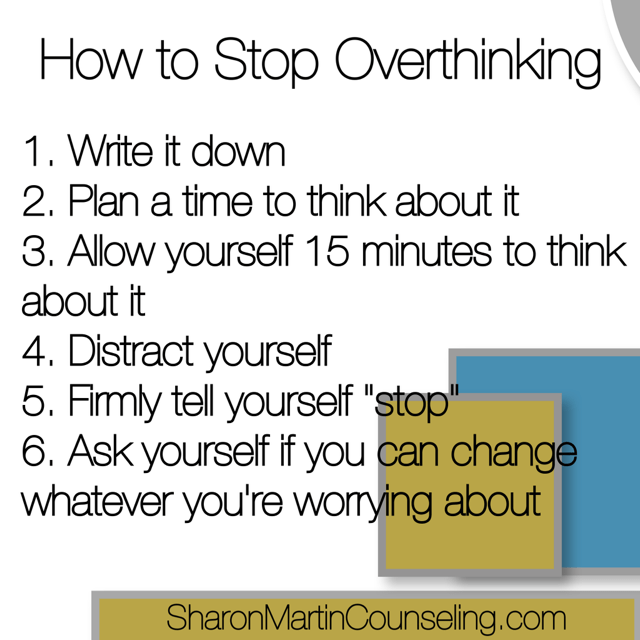 In the second case, you should identify the irrational or limiting belief that creates fear and replace it with a belief that helps you. How to do this I described in detail in my articles:
In the second case, you should identify the irrational or limiting belief that creates fear and replace it with a belief that helps you. How to do this I described in detail in my articles:
- How to know your beliefs
- How to Change Limiting Beliefs
2. Distrust of people. Suspicion, fear of trusting another may originate in a basic mistrust of the world, which is formed in childhood, and may again come from bad past experience, when our trust in loved ones, friends, colleagues and other environment was not justified, and we "learned" a hard life lesson. It is difficult to trust a partner or a new friend again, sometimes it seems that it is impossible. As a result, a person becomes suspicious, looks for a catch even where there is none, builds a wall between himself and the world, does everything to protect himself from repeating the negative experience experienced. nine0007
What to do in this case? Realize that trust is the basis of any harmonious relationship, whether it be business, friendship or love relationships. By staying open to new experiences, we increase the likelihood of creating our own family happiness and forming healthy relationships with others. I offer recommendations on how to learn to trust a man again in the articles:
By staying open to new experiences, we increase the likelihood of creating our own family happiness and forming healthy relationships with others. I offer recommendations on how to learn to trust a man again in the articles:
- Women's loneliness and trust. Therapeutic fairy tale
- Loneliness as a result of loss of trust in men
3. Doubts about the ability of the partner/child/subordinate to complete the assigned task .
Let's say you asked your partner to find and book a hotel or find the right tour for your vacation. But your distrust that he can cope with this task on his own, without your help, advice, tips, makes you double-check everything that he does regarding the “assigned task”. What if he forgets to take into account some of the requirements that you place on a hotel or tour? Or will he make a mistake that will lead to undesirable consequences? Or will he completely forget what you entrusted him with? Or will it not do the way you wanted? nine0007
Such behavior on your part in relation to close people, whether it be a husband or an adult child, forms in them the conviction that they are really not capable of coping with this or that task. And the more you demonstrate your doubts, the more you reinforce the limiting belief in loved ones, and at some point they really start to make ridiculous mistakes, forget about your wishes, fail to cope with simple tasks and resist responsibility.
And the more you demonstrate your doubts, the more you reinforce the limiting belief in loved ones, and at some point they really start to make ridiculous mistakes, forget about your wishes, fail to cope with simple tasks and resist responsibility.
What to do in such a situation? nine0084 It is worth realizing the negative impact that you have with your position and behavior in relation to a loved one. Even if you have reason to doubt the responsibility or ability of your partner or child to cope with this or that task, give him a chance. Ask yourself: how can you support your loved one? What your actions, words and behavior in general will help him believe in himself, that he can make decisions and independently, without your participation, perform certain tasks. nine0007 It also helps to realize the share of one's selfishness, which is present in the desire to control another. Does your loved one make mistakes? Have you made mistakes yourself? Should he do everything exactly as you would like? Do you recognize his right to his opinion, his vision of how this or that task should be carried out? At the heart of the desire to impose one's opinion on a partner or child on how and what to do is the irrational belief "I know better. 4. Projection and excessive self-control. It often happens that in an effort to control others, we thus project onto them our own partial or complete loss of control over some areas of life. Displacing from awareness the loss of control over some area or life as a whole, it seems to us that it is others who have poor control over their lives. This is a kind of escape from making decisions or taking action in those areas of life that need change. For some reason, you resist, do not take action to resolve certain issues and project it onto your spouse, child or subordinate, starting to actively engage in their lives and problems, intervene and try to keep everything under control. nine0007 The need to control the actions of others may also come from excessive self-control. What to do in this case? Whenever you feel the urge to control a partner or adult child, ask yourself: what issues that concern you personally require your attention? What problems do you constantly put off solving? What area of your life needs change? What distracts you from dealing with your spouse/child's problems? What would you do if you weren't so passionate about the life of your loved one? What can you do to change the situation for the better? The answers to these questions will help you come to a better understanding of yourself, your needs and motivations, and serve as a starting point for change.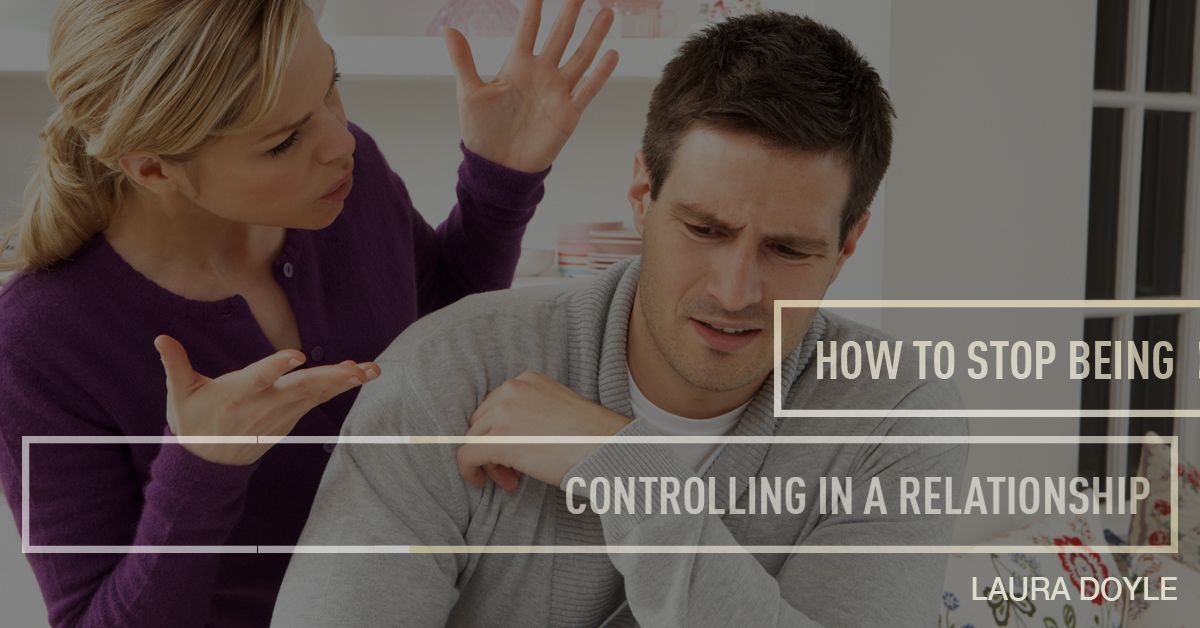 " Do you always know better? Can you really know a person and his abilities better than he does? Were there situations when your partner/subordinate offered a better solution to a problem or put forward more interesting ideas, found better offers? nine0007
" Do you always know better? Can you really know a person and his abilities better than he does? Were there situations when your partner/subordinate offered a better solution to a problem or put forward more interesting ideas, found better offers? nine0007  If you keep yourself in a "hedgehog", then with a high degree of probability you will transfer a similar attitude to others. In addition, immersion in the life of a loved one can be a symptom of an escape from one's life, as an example, teenagers search for idols and the desire to know everything about their life, thus creating the illusion of the presence of this person in the life.
If you keep yourself in a "hedgehog", then with a high degree of probability you will transfer a similar attitude to others. In addition, immersion in the life of a loved one can be a symptom of an escape from one's life, as an example, teenagers search for idols and the desire to know everything about their life, thus creating the illusion of the presence of this person in the life. 
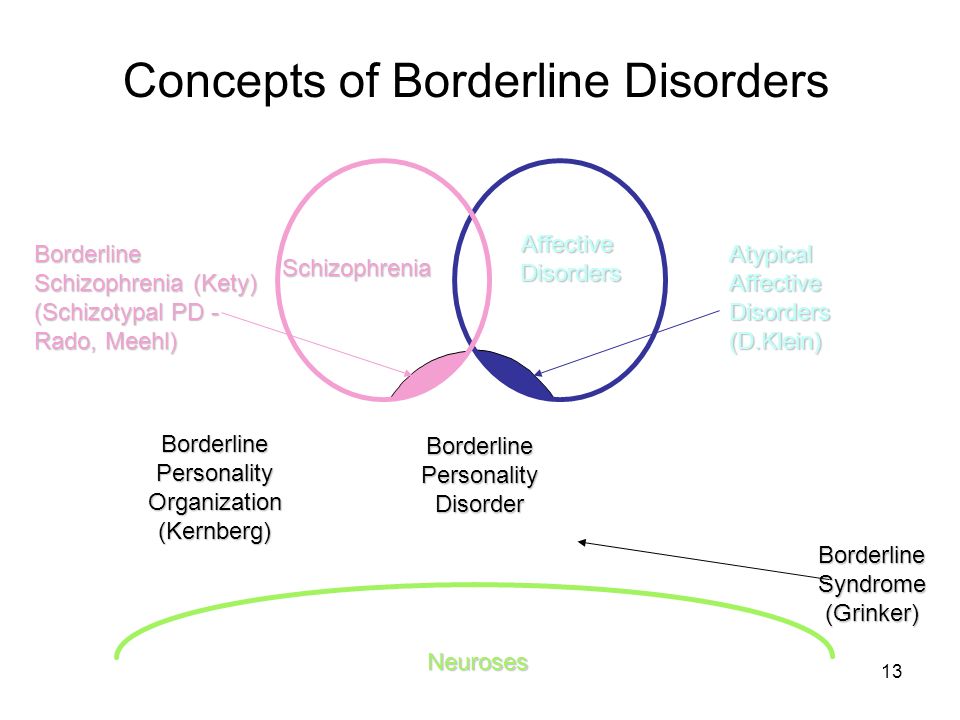



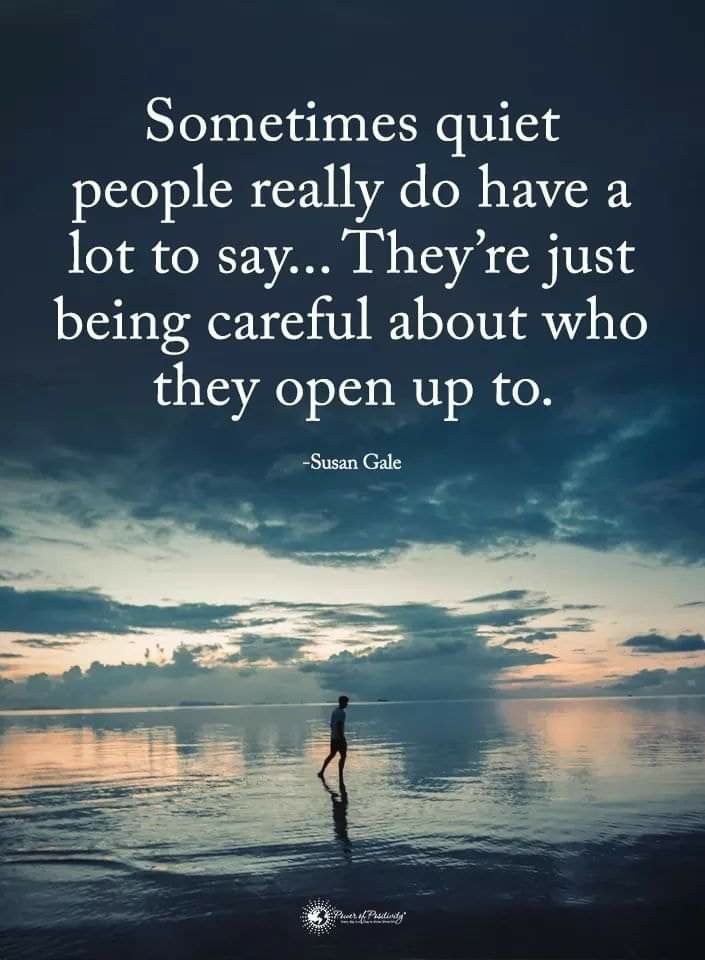

.jpg)

